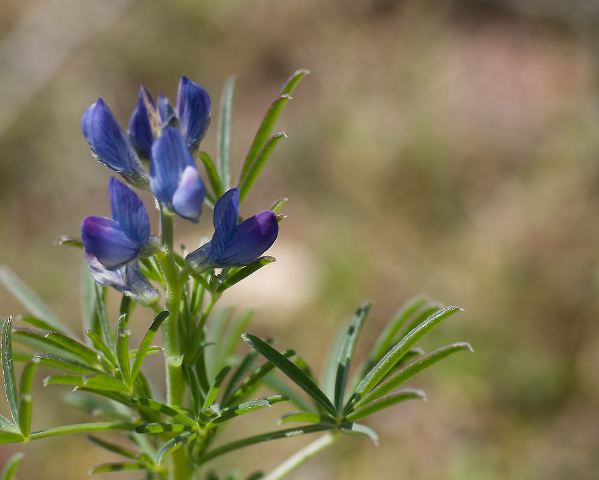
A global team including researchers from Spain, CSIRO and The University of Western Australia have shown that narrow-leafed lupins can provide alternative therapies for the prevention and treatment of inflammatory-related diseases.
The study, recently published in the Journal of Functional Foods provides strong evidence that the protein family ß-conglutin found in narrow-leafed lupins plays a key role as functional food components, with novel therapeutic options for the prevention and treatment of diseases such as cardiovascular disease, cancer, type 2 diabetes and hypertension.
Co-author Professor Kadambot Siddique, Director of The UWA Institute of Agriculture said there is an increasing demand for plant-derived proteins as components of functional foods in the nutraceutical industry.
“Consumption of lupins, especially narrow-leafed lupins are known to provide preventative and protective effects for several chronic diseases,” Professor Siddique said.

“Seed storage proteins, called conglutins, fall into four families, with ß-conglutin being the largest family and an important player in the promotion of these health benefits.”
The team evaluated the anti-inflammatory effects of ß-conglutin in fourteen healthy control subjects and fourteen patients with type 2 diabetes in Spain.
“The results indicated this family of proteins may be able to reverse the harmful effects of an inflammatory response at several stages,” Professor Siddique said.

“Reducing the production and activity of pro-inflammatory mediators has potential as an anti-inflammatory treatment that can also result in reducing type 2 diabetes progression.
Further studies to reveal the mechanisms underlying the ß-conglutins promoting these anti-inflammatory effects in patients with type 2 diabetes are progressing.
Co-author Dr Jose Jimenez-Lopez who led the research, spent two years working at The UWA Institute of Agriculture and CSIRO Perth as the recipient of the prestigious Marie Curie Research Fellowship. Dr Jimenez-Lopez has returned to Spain where he continues to lead the collaboration between UWA and the National Council for Scientific Research (CSIC)















